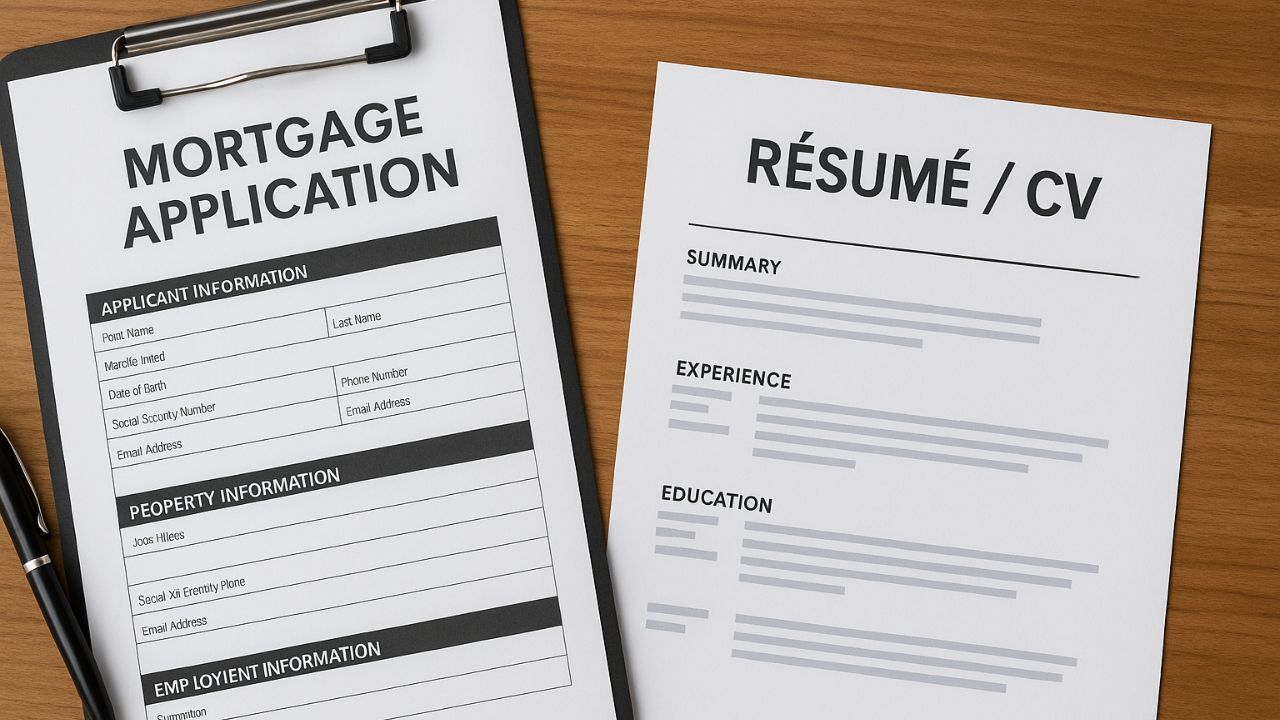How to Buy a Home if You Are Relocating for Work
 Starting a new job often means a fresh start in a new city. While relocation can be an exciting opportunity, buying a home while juggling a move can feel like a balancing act. Between learning about a new market, coordinating timing, and managing logistics, the process requires careful planning and trusted guidance.
Starting a new job often means a fresh start in a new city. While relocation can be an exciting opportunity, buying a home while juggling a move can feel like a balancing act. Between learning about a new market, coordinating timing, and managing logistics, the process requires careful planning and trusted guidance.
Do Your Homework Before the Move
Before packing a single box, take time to understand your destination. Research neighborhoods that fit your lifestyle, commute, and budget. Look into school ratings, nearby amenities, and community features that align with your priorities. Online tools and virtual tours can help, but connecting with a local real estate professional gives you insider insight on areas that are trending or offer better long-term value.
Understand the Local Market
Every city has its own rhythm when it comes to real estate. Prices, competition, and available inventory can vary widely from one region to another. Ask your lender and real estate agent for details on how quickly homes are selling, average price ranges, and which areas are growing.
Set a Smart Budget
Relocating often brings new financial variables. Moving expenses, temporary housing, and cost-of-living changes can all impact your budget. Review your relocation package carefully if your employer offers one, as it may include moving assistance, travel reimbursement, or even temporary housing support.
Lean on Local Experts
Buying from a distance requires a team you can trust. Partner with a knowledgeable real estate agent and mortgage professional who understand the local market. They can help coordinate virtual showings, handle local paperwork, and guide you through area-specific loan options. Some lenders even offer relocation-friendly programs designed to make the process smoother for buyers moving for work.
Plan the Timing Carefully
Coordinating a home purchase with a job relocation can feel like a puzzle. Try to align your start date, lease end, and closing timeline to minimize stress and avoid unnecessary costs. If travel is not an option, your agent can assist with remote closing solutions.
Relocating for work is a big step, and buying a home at the same time adds another layer of complexity. However, with research, preparation, and expert support, you can make a confident move. With the right approach, your relocation can mark the beginning of an exciting new chapter, both personally and professionally.

 Switching jobs can be an exciting step in your career, but for homebuyers, it can also raise questions about mortgage approval. Lenders evaluate income stability when considering a mortgage application, and a recent job change can influence how they view your ability to repay the loan. Understanding how a new position impacts your application can help you plan strategically and improve your chances of approval.
Switching jobs can be an exciting step in your career, but for homebuyers, it can also raise questions about mortgage approval. Lenders evaluate income stability when considering a mortgage application, and a recent job change can influence how they view your ability to repay the loan. Understanding how a new position impacts your application can help you plan strategically and improve your chances of approval. When buying a home, mortgage insurance can be an important but often misunderstood component of your loan. It is designed to protect lenders from the risk of borrower default, but it can also impact your monthly payments and overall loan cost. Knowing the types of mortgage insurance, when it is required, and how to manage it can help you make informed decisions and potentially save money over the life of your loan.
When buying a home, mortgage insurance can be an important but often misunderstood component of your loan. It is designed to protect lenders from the risk of borrower default, but it can also impact your monthly payments and overall loan cost. Knowing the types of mortgage insurance, when it is required, and how to manage it can help you make informed decisions and potentially save money over the life of your loan.